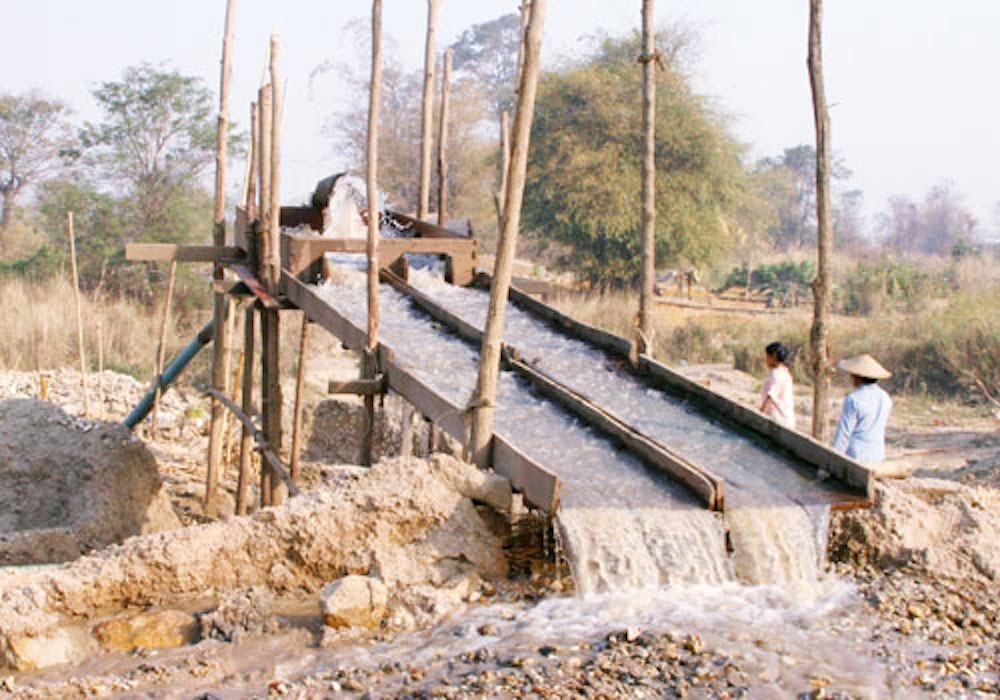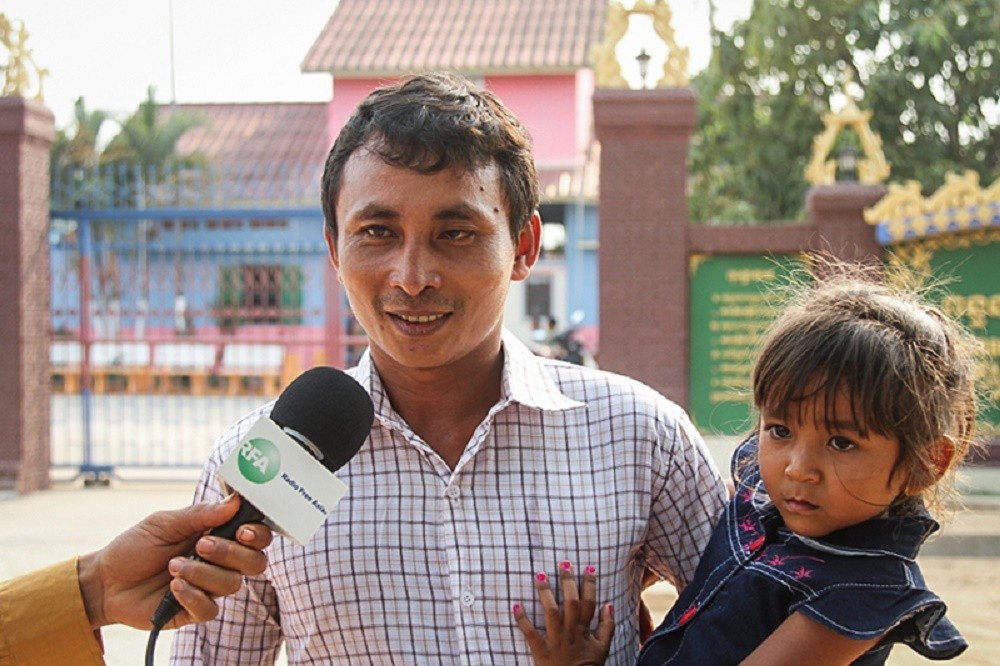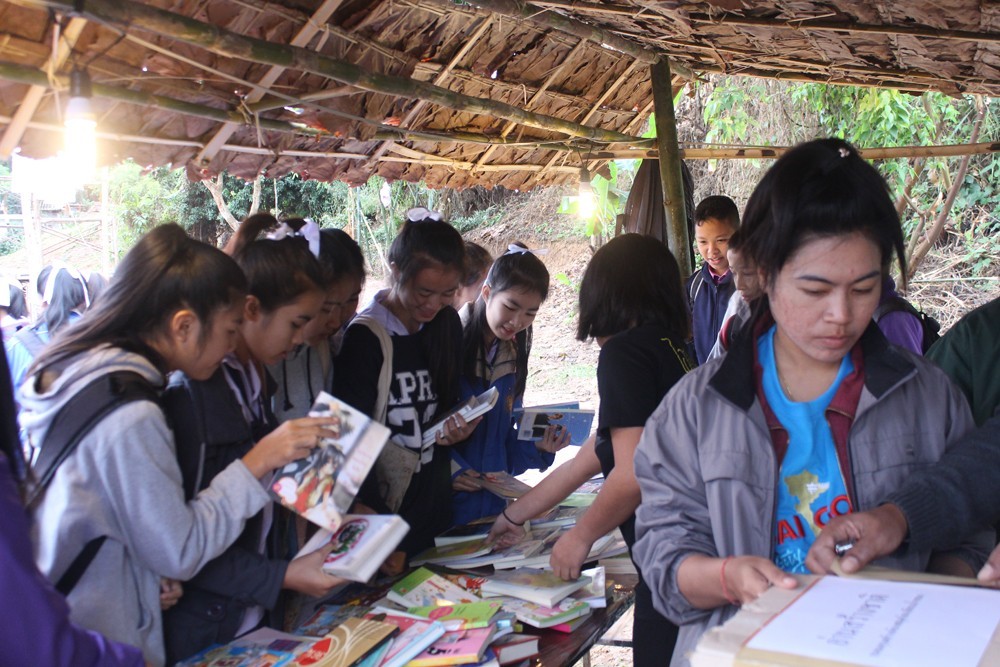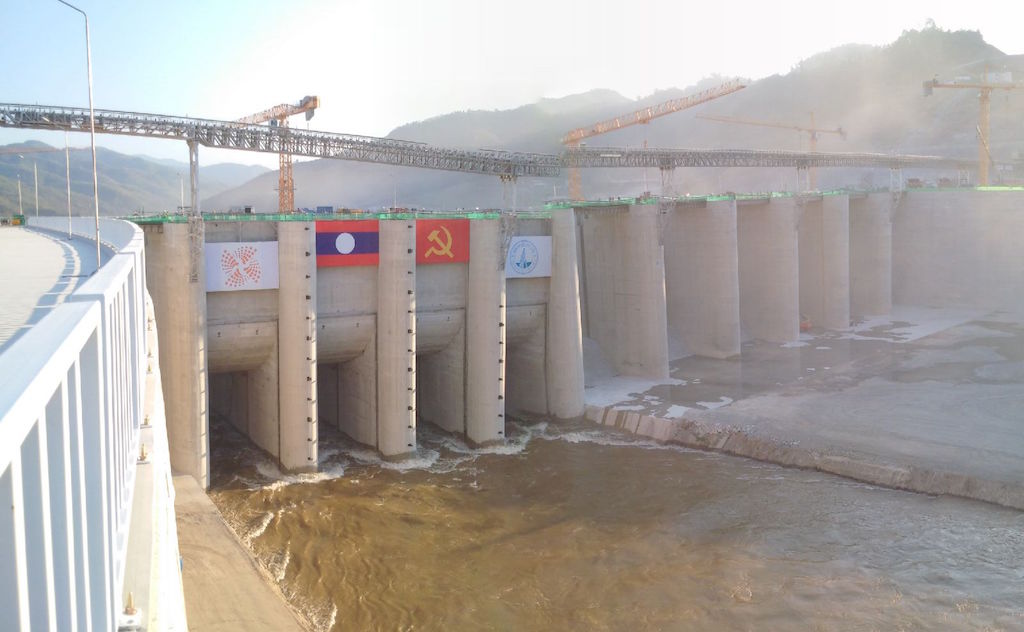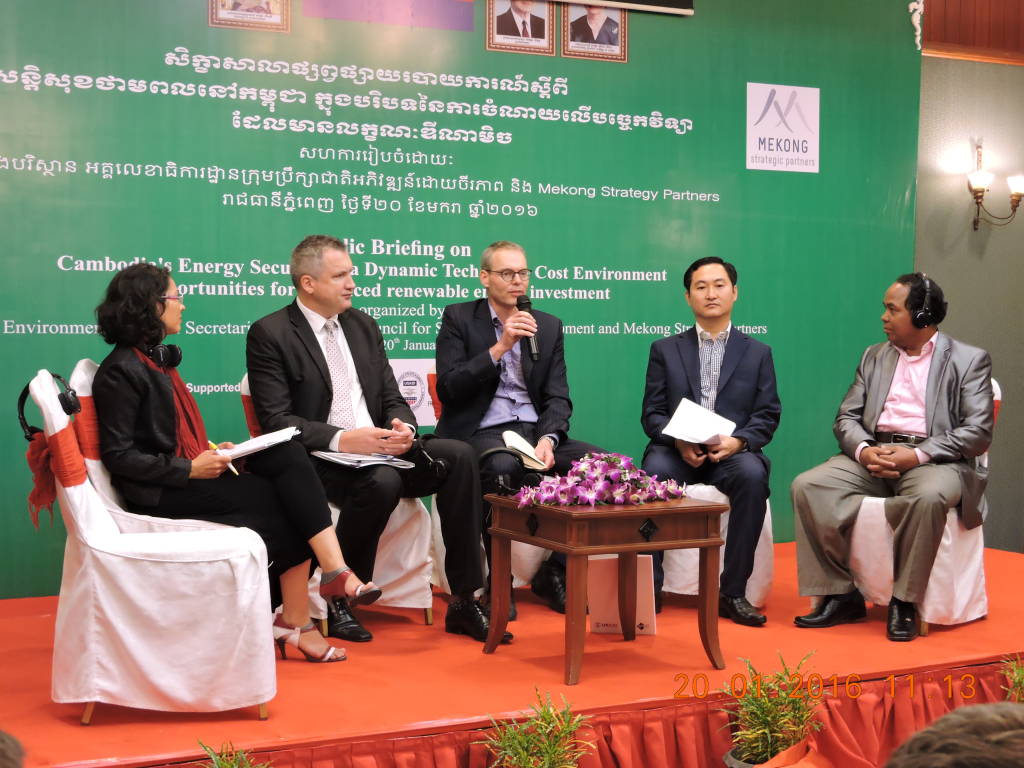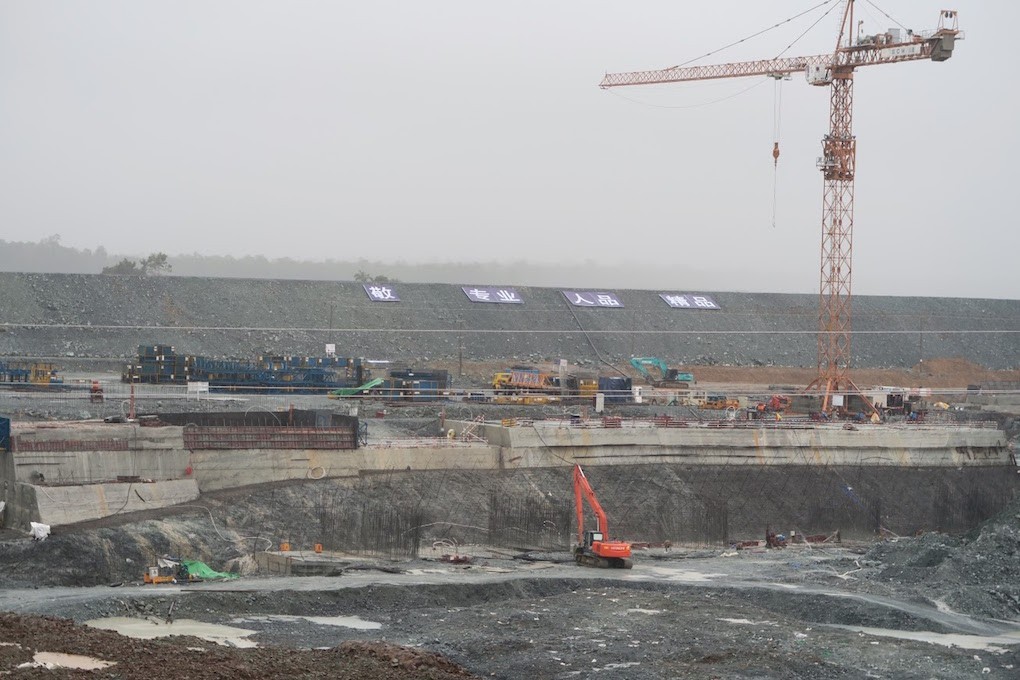The Shan State Farmers’ Network (SSFN) will ask the incoming National League for Democracy government to suspend companies’ gold mining operations?strong in eastern Shan State, which the organisation says have polluted local villagers’ water resources.
A decade of mining in the Loi Kham hills has left around 300 acres of fields unusable, according to a joint press release from the SSFN and the Shan Human Rights Foundation (SHRF) published on March 3.
The two groups said they “urge the incoming NLD government to implement federal reform to end Nay Pyi Taw’s unilateral power to grant mining concessions in ethnic areas”.


